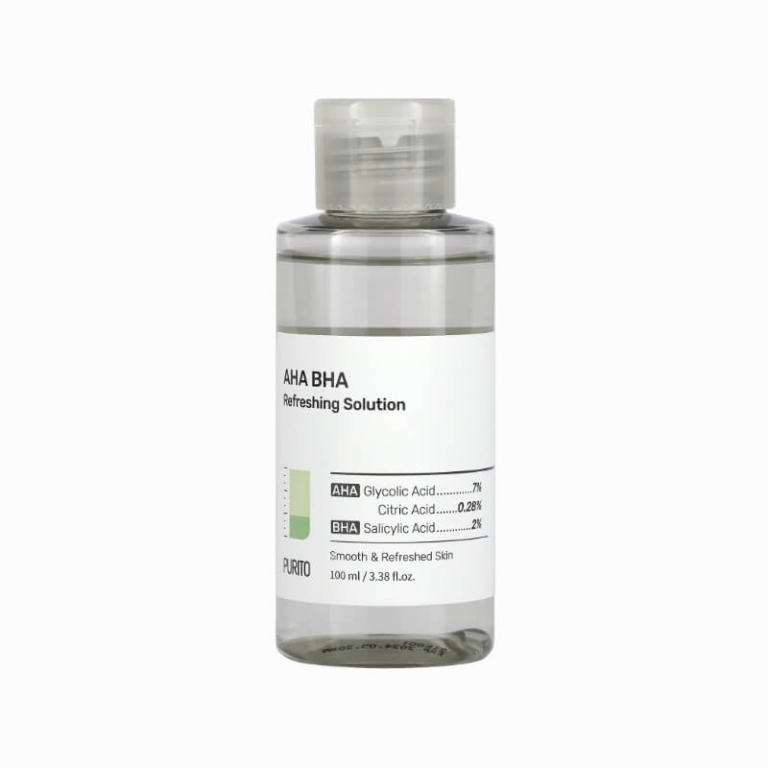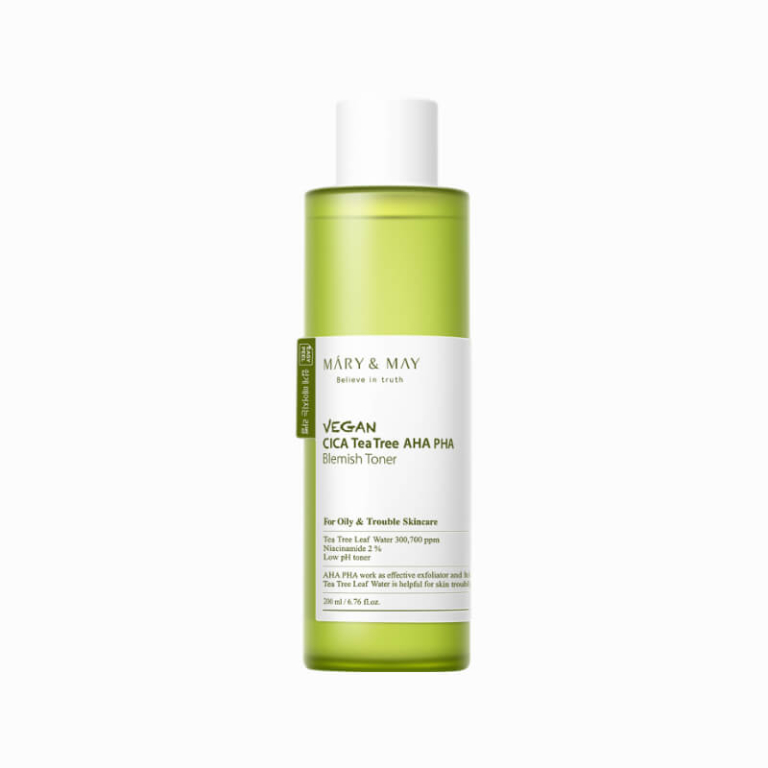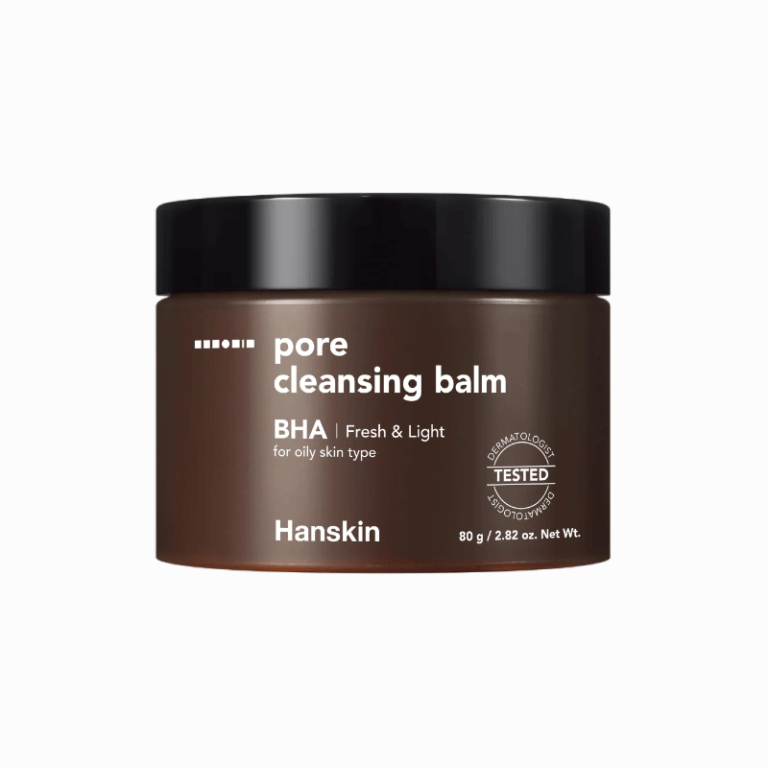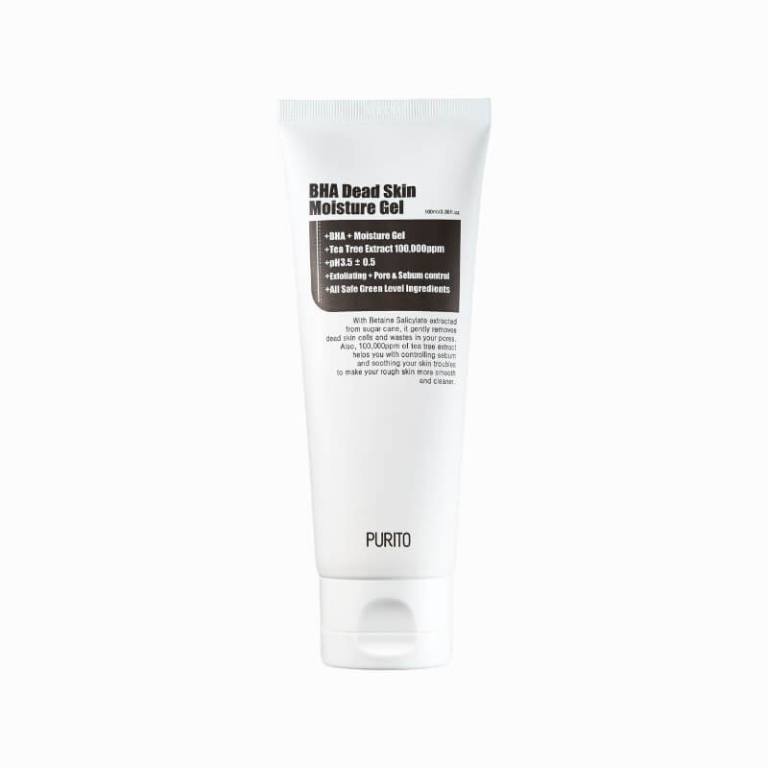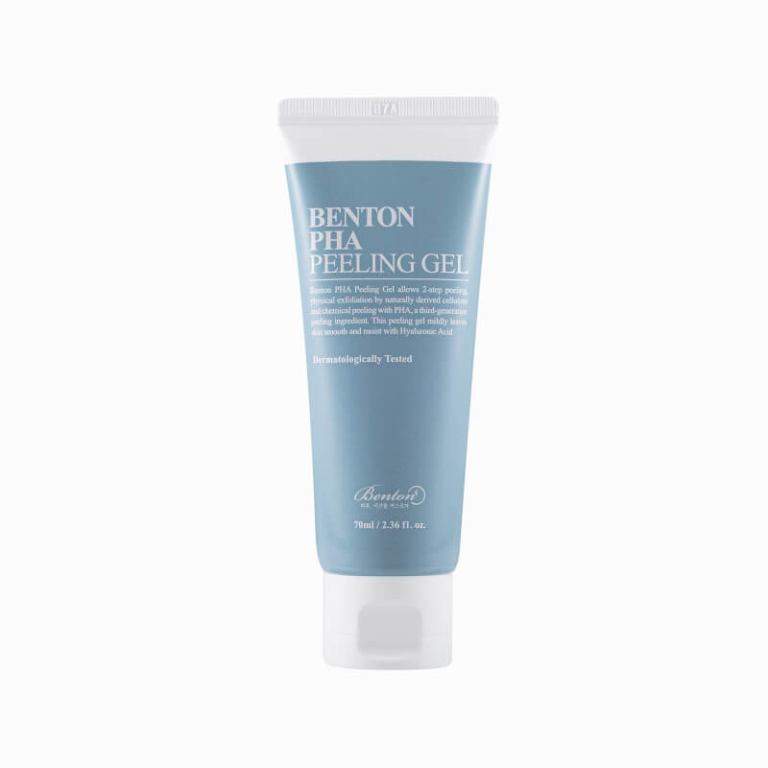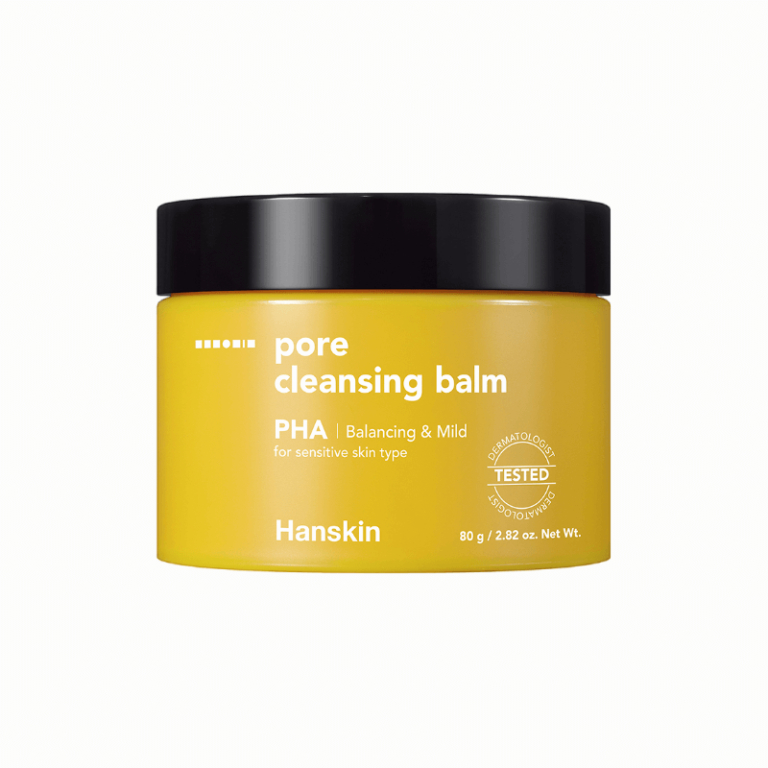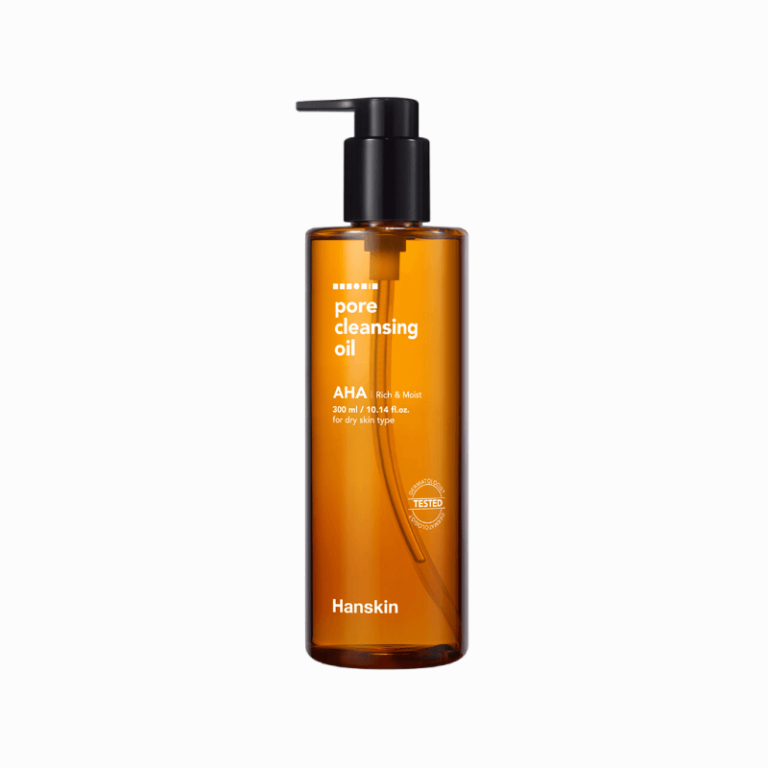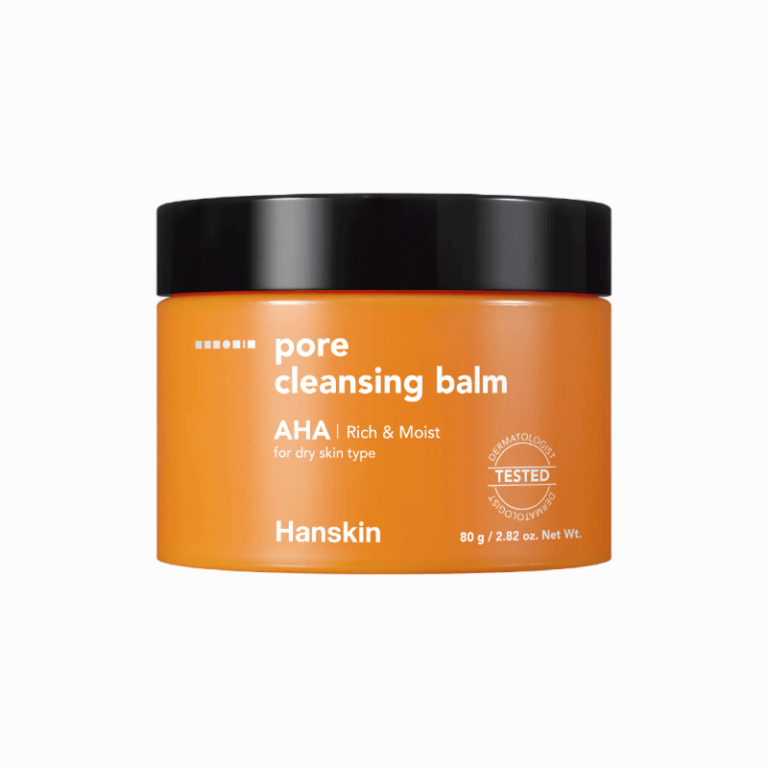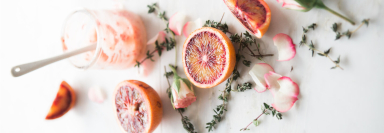
Regular exfoliation not only removes dead skin cells but also stimulates the skin renewal process, resulting in a rejuvenated glow. This freshly exfoliated skin more effectively absorbs subsequent skincare products. Unlike mechanical exfoliants that use abrasive particles like sugar, sea sand, or almond bran, products containing AHA, BHA, and PHA acids instigate a chemical reaction. This reaction coagulates the protein of the top skin layer, leading to the exfoliation of surface cells.
Consequently, treatments with AHA, BHA, and PHA additives are both more thorough and gentler for the skin. Sensitive skin types might be irritated by mechanical abrasive particles, while oily and acne-prone skin can become inflamed if these particles distribute bacteria. Such issues are not present when using AHA, BHA, and PHA in skincare products, which explains their growing popularity in various skincare and cleansing items. However, it's worth noting that even these acids can occasionally cause skin reactions and irritation. Hence, it's advisable for those with sensitive skin to first test any exfoliant or product containing these ingredients for tolerance. Additionally, it's crucial to identify the product most suited for one's skin type.
What distinguishes AHA, BHA, and PHA, and which version is best for a particular skin type or issue?
AHA = alpha hydroxy acids (fruit acids like lemon, lime, and malic acid, as well as lactic acid, glycolic acid, and mandelic acid)
Products with AHA are particularly beneficial for mature skin. Their effectiveness is attributed to their tiny molecules that can deeply penetrate the skin. Being water-soluble, they notably enhance the skin's moisture and elasticity. AHA acids are also potent against age-related and sun-induced skin issues, such as pigment spots. Though typically tolerated by sensitive skin, those with easily irritated skin should always test the product cautiously and limit its use to once or twice a week.
Our recommendation for AHA products at Juui:
BHA = beta hydroxy acid (salicylic acid)
Products with BHA are particularly beneficial for those with oily, blemished skin or acne issues. Because salicylic acid is oil-soluble, it effectively binds to fats and thoroughly cleanses clogged pores. Additionally, BHAs possess anti-inflammatory properties, helping skin irritations to heal more rapidly. This explains why BHA is a common ingredient in skincare products for blemished skin. The molecules of beta hydroxy acid are larger than those of AHAs, making them generally well-tolerated by standard skin types when used as exfoliants. For those with oily but sensitive skin, the advice is the same as with AHA: Start with caution and consider using no more than once or twice a week initially.
Important Note for Allergy Sufferers:
If you are allergic to aspirin (acetylsalicylic acid), avoid using products containing BHA entirely. The close relation between the active ingredients could potentially trigger an allergic reaction. In such instances, it's preferable to opt for products with PHA (poly hydroxy acid), which don't pose this risk. Moreover, PHA products are inherently gentle and skin-friendly.
Our recommendation for BHA products at Juui:
PHA = Poly-Hydroxy Acids (Lactobionic Acid and Glucolactones)
Products with PHA, utilizing poly-hydroxy acids like lactobionic acid and glucolactones, are particularly suitable for sensitive skin that's also prone to blemishes and inflammation. These products offer benefits akin to BHA (anti-inflammatory and oil-soluble properties) but are considerably gentler and more tolerable. As a result, they're the optimal choice for individuals with acne challenges who also have extremely sensitive, delicate skin, those susceptible to allergic reactions, or those with a specific allergy to aspirin (acetylsalicylic acid).
Our recommendation for PHA products at Juui:
In summary: Which exfoliating product is suitable for which skin type?
- Normal skin: AHA, BHA, PHA
- Dry, sensitive skin: PHA
- Blemished, acne-prone, or combination skin: BHA
- Mature skin: AHA
Consider the following when incorporating AHA, BHA, and PHA products into your skincare regimen:
Exfoliating with acids is a potent treatment, which may sometimes lead to skin irritation. Therefore, approach with caution and assess tolerance during initial usage. For those with highly sensitive skin, consider testing the product on the back of your hand before applying to your face. BHA products, in particular, might induce a transient tingling and reddening, but these effects typically fade within minutes. Once you've ascertained product compatibility, apply it in the following sequence:
K-Beauty Routine
Begin with your regular facial cleanse, followed by the chemical exfoliation, and then proceed with other K-Beauty routine steps, such as applying serum, facial lotion, or night cream. It's beneficial to provide extra nourishment to your skin post-exfoliation. Consider sealing the moisture with an overnight mask. We recommend, for instance, the: Isntree Hyaluronic Acid Water Sleeping Mask.
Optimal Timing
The evening is the ideal time for a chemical peel since the treatment can heighten skin's light sensitivity. If you opt for a morning peel, ensure you apply a high-SPF sunscreen afterward, such as: Beauty of Joseon Relief Sunscreen: Rice + Probiotics, and remember to continue its use in subsequent days.
Begin Gradually!
If you find a direct acid peel initially too harsh, there are various products that incorporate AHA or BHA acids in minor concentrations. Examples include toners like the Benton Aloe BHA Skin Toner or skincare items like the SOME BY MI AHA-BHA-PHA 30 Days Miracle Serum.
Adopting this approach lets you gauge your skin's compatibility with AHA, BHA, and PHA. Based on your observations, you can then transition to more intensive treatments or traditional peels as needed.
